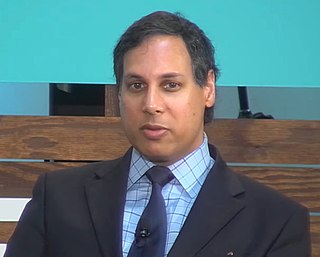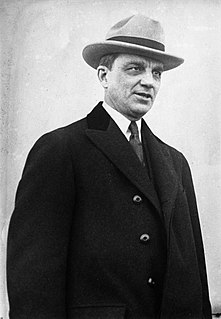A Quote by P. J. O'Rourke
People say free trade causes dislocation. In actual fact, it's the lowering of trade barriers that causes the dislocation.
Quote Topics
Related Quotes
If dislocation is a permanent state, I want to try and explore the possibility of temporary impermanence. If dislocation is a tatty dress from the thrift store, perhaps the solution is not to cast it aside. If dislocation is a tatty dress, perhaps the only solution is to mend it, scent it and wear it until everything about it signifies newness, something close to the perpetual promise of a fresh start.
By all means, let's have free trade and no trade barriers and a common market. But where did it all suddenly become about our own economic and political destiny being surrendered to Brussels with agendas that arguably have very little to do with the interests of the British people and British voters?
We wake up to find the whole world building competitive trade barriers, just as we found it a few years ago building competitive armaments. We are trying to reduce armaments to preserve the world's solvency. We shall have to reduce competitive trade barriers to preserve the world's sanity. As between the two, trade barriers are more destructive than armaments and more threatening to the peace of the world.
The Transatlantic and Transpacific Trade and Investment Partnerships have nothing to do with free trade. 'Free trade' is used as a disguise to hide the power these agreements give to corporations to use lawsuits to overturn sovereign laws of nations that regulate pollution, food safety, GMOs, and minimum wages.


































